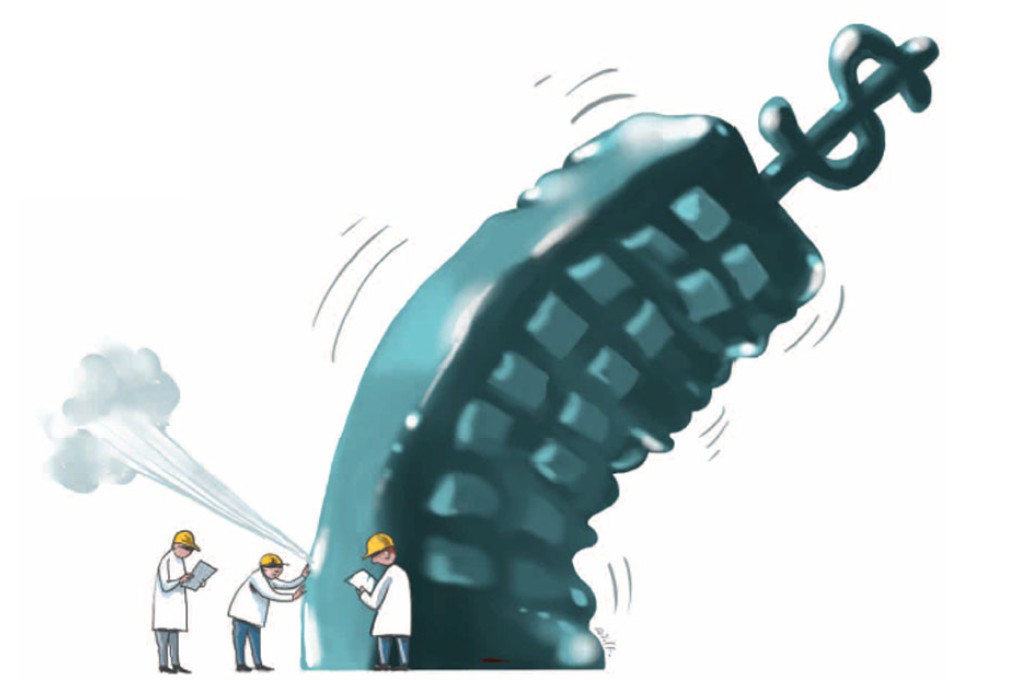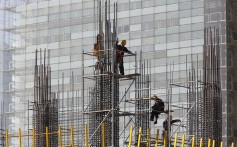Beijing takes gentle approach to deflating real estate bubble
G. Bin Zhao says the Chinese government will adopt a quiet approach to deflating the dangerous real estate bubble, given the huge impact a crash could have on the economy

Despite increasingly strict regulations, investment in China's real estate industry, as well as sales totals and prices, still achieved high levels of growth last year. During the Communist Party's third plenum, the new leadership announced reform measures in a number of areas, but many people were left puzzled by the fact that the real estate sector - the source of the most vocal public complaints - didn't appear to fall within the scope of these new policies.
The real estate bubble continued to grow last year, furthering the unequal distribution of wealth and increasing social tension, and leading many to question the determination of the government to build a more just and equitable society.
The latest official figures show that, last year, national investment in real estate development hit 8.6 trillion yuan (HK$11 trillion), an increase of 19.8 per cent over 2012, accounting for about 20 per cent of investment in fixed assets.
It is well known that the real estate bubble is harmful to the Chinese economy because it attracts and holds capital, talent and other resources that could be better used to develop other important industries, adding to the difficulties of transforming the nation's economy. In some ways, it's like an unexploded bomb; handled carelessly, it could cause economic devastation or, at the very least, lead to an incident similar to the US subprime mortgage crisis.

Previous leaders tried hard to regulate rising real estate prices, without success. By contrast, the current leadership seems intent to downplay the importance of this issue. Li Keqiang has never publicly mentioned the real estate industry since he became premier, while President Xi Jinping only briefly discussed the core rules for real estate policy last October during a Politburo study. Still, some of the government's recent policies do provide clues about these core rules.
Overall, the government aims to build a market-based system for housing to meet multiple levels of demand, while ensuring the provision of basic housing. This is consistent with the main thrust of the third plenum, that "the market must play a decisive role in allocating resources". The objective is to ensure that everyone's basic housing needs are met.